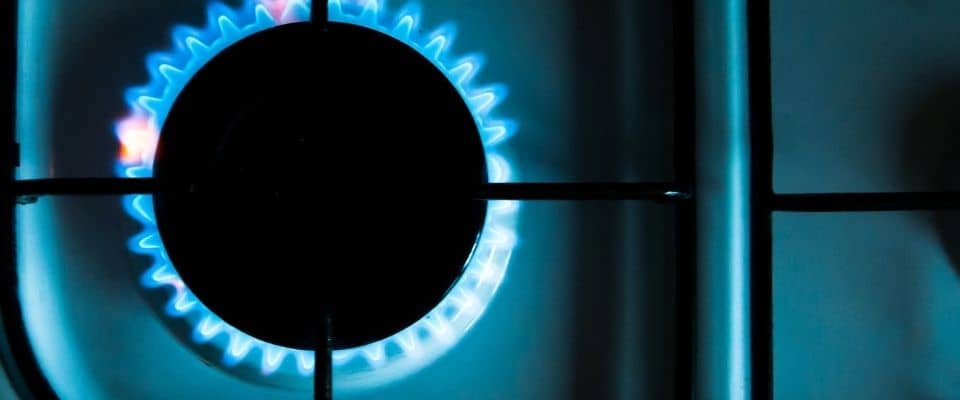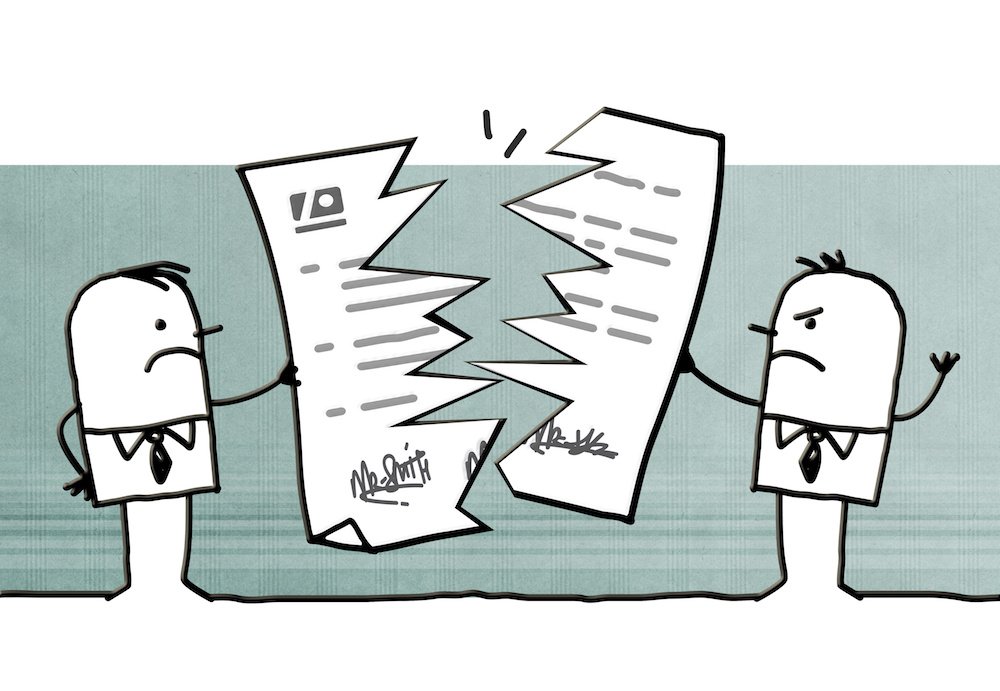
How much does a gas boiler cost and which type should you choose?
Some pointers for your choice of gas boiler: low temperature, condensing or even micro-CHP, which should you go for? To give you as much help as possible, we also tell you how much they cost and what you have to do as regards servicing, which is a legal obligation in Belgium.
Which gas boiler should you choose in 2021?
Today, there are four main types of gas boiler; we will explain how they work in a moment. In general, though, whether they run on gas or oil, boilers are based on the principle of combustion. By burning fuel, the system heats water for the pipes which feed the radiators or convector heaters in your house in order to keep your home warm and provide hot water.
Traditional natural gas boilers
The ‘traditional’ natural gas boiler is the oldest type on the market and therefore the least efficient of all. The calories released by gas combustion bring the water in your system to a high temperature in order to heat your entire home by means of your radiators.
Which energy supplier suits you best? Find it out with a simulation!
Although it is relatively easy to install and its price is affordable, it is also very energy-intensive and polluting. For this reason, this would not be our recommendation if you decide to install a boiler in your newly built home or if you wish to replace your old system.
Condensing boilers
A condensing boiler produces more heat from less fuel, using the water vapour produced by combustion. Rather than evacuating this vapour, the system recovers it and converts it into heat. Its efficiency is therefore higher: it can produce up to 30% more energy than other boiler types, while consuming less. The condensing boiler is also considered to be green, as it emits less CO2. It costs more than a traditional boiler, but quickly pays for itself due to the advantages mentioned above.
Low temperature boilers
As its name suggests, the low temperature boiler heats water to a lower temperature than the other types before distributing it to your radiators. It heats water to around 50 degrees, compared to 75 degrees for the other boiler types. As a result, gas savings can be as much as 15%.
Although it is economical and highly efficient, the main disadvantage of the low temperature boiler is that the entire heating system must be compatible with it, which makes it relatively expensive.
Micro-CHP boilers
CHP (combined heat and power) systems produce both heat and electricity from the same fuel and/or the same energy. A micro-CHP boiler thus heats your house and your domestic water, but also produces the electricity necessary for your home. This type of gas boiler, initially designed for apartment blocks and factories, has recently become available to individuals. It is highly efficient, economical and green, but is expensive to purchase and complicated to install.
Compare now all energy suppliers active in Belgium and save money on your bill !
Conclusion: which boiler is right for your home?
Of all the gas boilers presented above, the condensing boiler seems to be the best type to install if you want to heat your home using gas rather than electricity (for example with a heat pump).
A condensing boiler is economical, green and highly efficient. Although it is expensive to buy, your return on your investment will nevertheless be rapid.
How much does a gas boiler cost?
The price of a gas boiler depends on various criteria such as the type, brand, and power rating, but also whether it is wall-mounted or free-standing. In general, though, a wall-mounted boiler is less expensive than a free-standing one (which is usually installed in your cellar), since it is less powerful and less bulky. However, it also has less capacity than a free-standing boiler.
The table below shows the price ranges of the gas boiler types mentioned above. To find out the exact prices, we advise you to contact the manufacturer directly (for example, Vaillant or Viessmann), a retailer or even your local heating engineer and ask for a quote corresponding to your needs and your budget.
| Gas boiler type | Average price |
| Traditional gas boiler | Between 700 and 3,000 euros |
| Condensing boiler | Between 3,000 and 5,500 euros |
| Low temperature boiler | Between 1,500 and 4,500 euros |
| Micro-CHP boiler | Between 10,000 and 20,000 euros |
In addition to the purchase price of the boiler, you need to allow for the cost of installation, which is carried out by a team of professionals. Whether it is a new installation or the replacement of your old heating system, you can expect an average charge of €800 excluding VAT. To this must be added VAT of 6% if your home is more than ten years old or 21% if it is less than ten years old.
Servicing a gas boiler: obligations and prices
The servicing or ‘periodic inspection’ of a gas boiler is a legal obligation in Belgium. Its frequency depends on the region:
- Every three years in Brussels;
- Every two years in Wallonia (or every three years for boilers with a power rating of less than or equal to 100 kW);
- Every two years in Flanders.
In principle, the servicing of a gas boiler, carried out by a certified heating engineer, takes place in three stages: in-depth cleaning of the boiler, cleaning the flue gas exhaust system and adjusting the burner. Once the servicing is completed, the engineer will give you a conformity certificate to keep until the next servicing or to produce if your system is inspected. If your boiler fails its inspection, you have five months to take the necessary steps and bring your boiler up to legal standards.
In addition to the servicing mentioned above, minor annual servicing can be carried out but is not obligatory for gas boilers, unlike oil-fired ones.
Finally, in addition to the periodic inspection, a heating audit can be carried out. This process consists of evaluating the efficiency and energy performance of your system. Like the inspection, the audit is carried out by the regions:
- In Brussels, it must be carried out in the year following or preceding the 15th anniversary of the installation of your gas boiler;
- In Wallonia, it must be done after the first periodic inspection and if you change your system;
- In Flanders, it is compulsory every five years.
The cost of boiler servicing generally varies between €150 and €200, but not all providers include the same services, such as travel costs or the replacement of certain parts of your system. As with the purchase price of a boiler, you must also add VAT (6% for homes over ten years old and 21% for homes under ten years old).
One of the most economical solutions for carrying out your boiler servicing is to go through an energy supplier. In partnership with a service provider, energy suppliers offer you contracts under which you pay for your servicing in monthly instalments.
Are there bonuses for gas boilers?
The Regions have used energy bonuses for years to promote the energy transition and encourage people to improve the energy performance of their homes. For gas boilers, there are several bonuses.
If you are switching from oil to gas:
- You will receive €400 from the Walloon network operators Ores and Resa (compared to €250 for installing a gas boiler in a new building);
- The Brussels Region will pay you a bonus of between €300 and €400, depending on your income bracket;
- The Flemish Region will give you €2,500.
In Brussels, a bonus of €700 to €1200 is available if you want to install a new high-performance gas boiler, such as a condensing boiler, with a maximum rating of 40 kW. For more powerful systems, an extra bonus of €5 per kW is paid. In addition, people in financial difficulties are eligible for a €100 grant to help them pay for their periodic inspection.
In Flanders, if you decide to change a system that runs on butane or propane to a condensing boiler, the Region will pay you a bonus of €1,800.
Contact one of our advisers
Also read on our blog

“Energy suppliers are all the same”. Are they, though? Nevertheless, that’s what you might think at first glance. After all, it’s …

Summary: Five suppliers hold sway in Belgium… and not necessarily the cheapest ones Astonishing fact: the most expensive pro…

Regularly comparing prices for your energy contract is essential. It means you can take advantage of the best market conditions. B…

In Belgium, it is necessary to subscribe to an energy contract in order to be supplied with electricity and gas. But in some cases…
